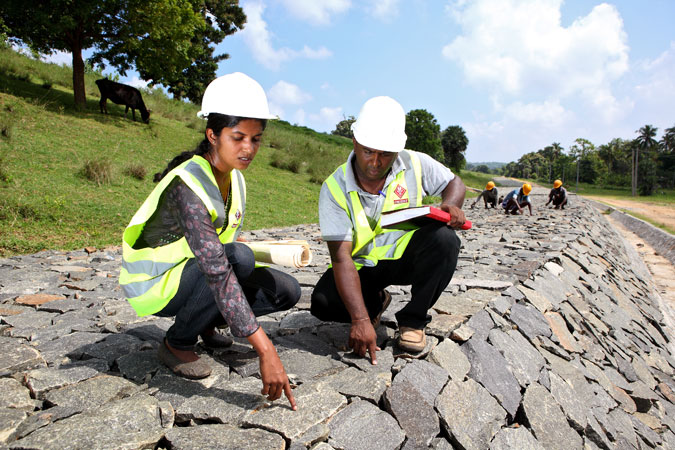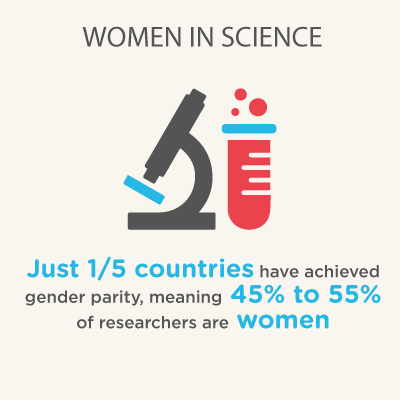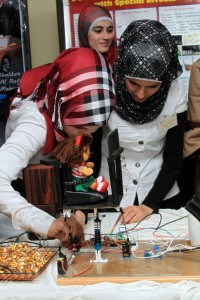SDG 9: Build resilient infrastructure, promote inclusive and sustainable industrialization and foster innovation

Targets
- Develop quality, reliable, sustainable and resilient infrastructure, including regional and transborder infrastructure, to support economic development and human well-being, with a focus on affordable and equitable access for all.
- Promote inclusive and sustainable industrialization and, by 2030, significantly raise industry’s share of employment and gross domestic product, in line with national circumstances, and double its share in least developed countries.
- Increase the access of small-scale industrial and other enterprises, in particular in developing countries, to financial services, including affordable credit, and their integration into value chains and markets.
- By 2030, upgrade infrastructure and retrofit industries to make them sustainable, with increased resource-use efficiency and greater adoption of clean and environmentally sound technologies and industrial processes, with all countries taking action in accordance with their respective capabilities.
- Enhance scientific research, upgrade the technological capabilities of industrial sectors in all countries, in particular developing countries, including, by 2030, encouraging innovation and substantially increasing the number of research and development workers per 1 million people and public and private research and development spending.
- Facilitate sustainable and resilient infrastructure development in developing countries through enhanced financial, technological and technical support to African countries, least developed countries, landlocked developing countries and small island developing States.
- Support domestic technology development, research and innovation in developing countries, including by ensuring a conducive policy environment for, inter alia, industrial diversification and value addition to commodities.
- Significantly increase access to information and communications technology and strive to provide universal and affordable access to the Internet in least developed countries by 2020.
Economic development builds on infrastructure — the roads, bridges and facilities that allow businesses to operate and people to obtain essential services. Infrastructure needs to be sustainable in its construction and use — including through environmentally sound technologies — and resilient to future risks.
All elements of planning, building and financing must take gender dimensions into account, so that women have facilities and services essential to their needs and rights.
For many countries, particularly those less developed, shifting from agriculture and towards industry is the route to better-paying jobs and higher standards of living. New and existing industries must pursue sustainable paths, including through innovation and upgraded technology.
Investments in research and development will be key, but most researchers are still men — women account for only 25 per cent in more advanced Organisation for Economic Co-operation and Development countries [1]. Similarly, the construction, manufacturing and energy businesses, with few women employees and decision-makers, fall far short of gender balance. From the factory floor to the high-tech lab, women must have equal opportunities in building a shared, sustainable future.
Stories
Supporting women to become entrepreneurs through microfinance in Central America and the Caribbean
A UN Women partnership with the Central American and Caribbean Microfinance Network aims to boost the economic empowerment of women in the region through access to credit, training and a mentoring system to help share best practices.
Women shine at Jordan’s Fifth National Technology Parade
At an annual parade celebrates women in Jordan’s Information Communication Technology (ICT) sector, many of its participants came from a UN women-supported programme to bridge the digital gender divide.
Notes
[1] UNIDO (2013), Sustainable Energy For All: The gender dimensions, p. 11.


